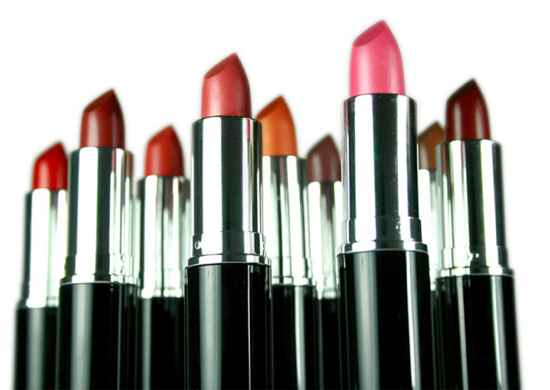
Julie Nelson, a leading economist from the University of Massachusetts, Boston, has thrown the popular “Lipstick Effect” theory into doubt, suggesting that the research behind it is based on “over-generalized gender stereotypes”.
The well-known phenomenon suggests that women buy less-expensive luxury goods, such as cosmetics, in tough economic times in a bid to increase their attractiveness to mates.
Now, Julie Nelson has stated that the “overly general” findings only serve to reinforce “stereotypes about women’s lives – and social value – centering on questions of their attractiveness to men”.
She told ABC News that the theory is “a gross over-generalization” adding that recent studies aiming to give it scientific status came from a narrow sub-class of women – young university students within the U.S.

Also that the phenomenon only applies to “women who reported themselves to be highly motivated to attract a male romantic partner, but not among young women with low motivation”.
She added: “Along with young women not looking for a partner, it is not at all clear that older women, married women, lesbian women, or women from other educational and cultural backgrounds would share this so-called <<women’s psychology>>.”
Julie Nelson said it is “plausible” that the purchase of beauty products and make-up is an evolutionary outcome of competition for mates, but it “is a far cry from it being scientifically demonstrated”.
She pointed out the study’s results suggest that maintaining one’s appearance in the face of adversity, might be a stronger motivation than the desire to attract a mate and it would be valuable to repeat similar research with older married women.
In the paper Boosting Beauty in an Economic Decline: Mating, Spending, and the Lipstick Effect, which was published last month by researchers from Texas Christian University, University of Minnesota, University of Texas at San Antonio and Arizona State University, presented five studies.
Following evolutionary theories, Sarah Hill, co-author of the study said: “We may not consciously think we’re buying them to make ourselves more desirable to men.
“But our lizard brains go after these things even when we think we’re too smart to be lured in by manipulative advertising claims like, <,these jeans will help get you a man>>.”
For the study 154 university students including 82 women and 72 men were presented with fictitious articles highlighting the recession.
The participants were then asked if the content caused them to think there were fewer physically attractive suitors available with a steady job and income and the majority answered “yes”.
The participants were then asked, based on their gender, about their desire to purchase six products.
Three products enhanced physical appearance including two fashion items and a lipstick for women and facial cream for men. The other three products were a wireless mouse, stapler and headphones.
While men’s purchasing desires were not effected, women in the recession condition demonstrated a “significant interaction between priming condition and product type” opting for products that would enhance their appearance.
Defending the findings Vlad Griskevicius, one of the co-authors of the paper from the University of Minnesota argued that the work was “grounded in theory about universal human nature rather than cultural stereotypes”, although he admitted that further research is needed.